Do your crisis management plans include being blackballed by the competition?
So-called “black hat” tactics, often effective but unethical, or even illegal, ways of achieving goals, do exist in the world of PR and marketing. While, for the most part, reputable organizations have a policy of not putting shady tactics to work, employees looking to cut corners or get a leg up on the competition can easily be tempted into joining the dark side, as can desperate business owners and those who simply lack ethics.
Even though Reddit is quickly joining the mainsteam, it still maintains a reputation of being friendly to those who dabble in the grey areas of the web, and as such it’s not an entirely surprising place to find questionable tactics being put to use there, and exposed as well!
Yesterday, PR Daily’s Michael Nolledo reported on one of the black hat tactics being used on Reddit, essentially the practice of having your competition banned from the site, as exposed by a self-purported search engine marketer who goes by the name, “Friggersly.”
The conversation Friggersly reportedly came across reveals a candid discussion that outlines tactics for knocking down a competitor. Here’s a snippet:
[17:10] Personally I prefer just making a load of accounts off one IP then trying to make them look savvy.
[17:10] They’re going to get caught at some point but that’s the point.
[17:10] Post in all kinds of s— subreddits but make sure you’ve got the target site being used on all of them.
[17:10] Make it look like you ALMOST know what you’re doing.
[17:11] Then keep that up for a few weeks.
[17:11] Then BAM
[17:11] Banned.
[17:11] Yeah that’s how I do it.
[17:11] Got one in progress today and another on the list for next month.
[17:11] Takes f— all time too. Just do it for an hour or so a day.
[17:11] Then before you know it none of your competitors can use Reddit.
[17:12] hehe mean 😉
[17:12] But yeah it works 😛
[17:12] Can’t argue results.
[17:12] You guys do this often?
[17:12] moreorlessAlthough this online conversation cannot be readily verified due to the covert tactics involved, knowing there’s potential success in such a calculated takedown effort is a scary thought. (Of course, this conversation could itself have been falsified; you never know on the Internet.)
While it is POSSIBLE that this conversation could have been falsified, the original Reddit post, and accompanying replies on the topic, are quite in depth, and sound awfully believable if you’re familiar with the way Reddit works.
Competition is fierce these days, making it important to cover your butt with a bit of preemptive crisis management. Victims of tactics like these may find themselves suddenly banned from a website on which they have spent months crafting communications and promotions, with little recourse except to plead their case to busy moderators who are taking on a hefty workload for no pay.
The best thing you can do to prevent becoming a victim of a scheme like the one described is to keep an accurate log of all online marketing and PR activities. Not only will you have plenty of proof that’s you’re operating above the board to provide site owners or moderators with should an attacker sully your good name, but you’ll also have a clear representation of the hard work you’ve put in that can be shared with clients when you have those, “what exactly are we paying you for?” conversations that anyone working on the web is all too familiar with.
——————————-
For more resources, see the Free Management Library topic: Crisis Management
——————————-
[Jonathan Bernstein is president of Bernstein Crisis Management, Inc., an international crisis management consultancy, author of Manager’s Guide to Crisis Management and Keeping the Wolves at Bay – Media Training. Erik Bernstein is Social Media Manager for the firm, and also editor of its newsletter, Crisis Manager]













